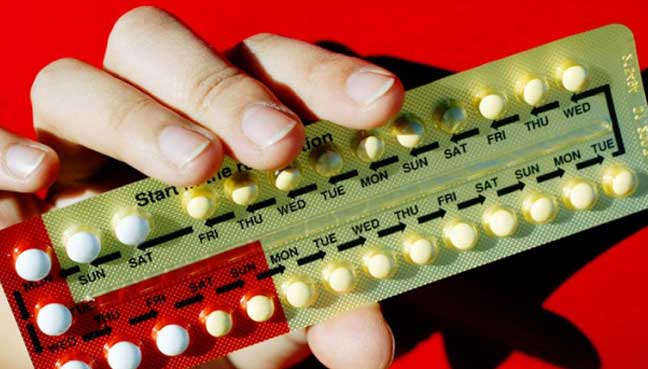-
Tips for becoming a good boxer - November 6, 2020
-
7 expert tips for making your hens night a memorable one - November 6, 2020
-
5 reasons to host your Christmas party on a cruise boat - November 6, 2020
-
What to do when you’re charged with a crime - November 6, 2020
-
Should you get one or multiple dogs? Here’s all you need to know - November 3, 2020
-
A Guide: How to Build Your Very Own Magic Mirror - February 14, 2019
-
Our Top Inspirational Baseball Stars - November 24, 2018
-
Five Tech Tools That Will Help You Turn Your Blog into a Business - November 24, 2018
-
How to Indulge on Vacation without Expanding Your Waist - November 9, 2018
-
5 Strategies for Businesses to Appeal to Today’s Increasingly Mobile-Crazed Customers - November 9, 2018
No link between contraceptive pill and birth defects
A new study published on the medical journal BMJ showed that taking contraceptive pills before or during pregnancy do not contribute to the risk of delivering a baby with birth defects, reported The Guardian on Thursday. The researchers first checked if any of the infants had major birth defects, and then figured out which of their mothers had taken birth control pills during the three months prior to and during pregnancy.
Advertisement
So a team of U.S. and Danish researchers carried out a large prospective observational study to examine the association between oral contraceptive use around the time of conception, and into pregnancy, with major birth defects. Fewer claimed they will prompt birth defects, but they were worryingly out there.
Some earlier research found no links between oral contraceptives and birth defects; others found associations between the pill and hypoplastic left heart syndrome (malformed left ventricle), limb defects, gastroschisis (the baby’s intestines protrude through a hole in the abdominal wall) and urinary tract anomalies. They found that 8% of the mothers stopped using oral contraceptives less than three months before pregnancy and 1% of the women used oral contraceptives during pregnancy.
Even though oral contraceptives are more than 99% effective with flawless use, nearly 10% of women become pregnant within their first year of use.
Among the women in the study population, one-fifth had never used oral contraceptives before becoming pregnant, and more than two-thirds had stopped using oral contraceptives at least three months before becoming pregnant. In total, 8% continued using the pill within the 3 month window before pregnancy and 1% used the oral contraceptive beyond pregnancy. “We were able to leverage prescription registries and thus eliminate any bias from women inaccurately recalling their use [of the pill]”.
Dr. Diane Horvath-Cosper, a fellow of the American College of Obstetricians and Gynecologists, says she’s been telling concerned pregnant patients that while studying this topic is hard, the existing research hasn’t raised concerns. But for those women who prefer to see a doctor and get a prescription for a daily pill, there are a few ground rules that must be taken into consideration.
The team adjusted for other factors that can influence the likelihood of using contraceptives or potentially increase the risk of birth defects. She says given the results of both studies, she’s interested in studying pill use and that particular defect.
Among more than 880,000 births, 2.5 percent of the babies had a birth defect such as a cleft palate or an arm or leg defect, the researchers found.
Advertisement
In honor of January as National Birth Defects Prevention Month, the New Hampshire Department of Health and Human Services and the New Hampshire Birth Conditions Program, Geisel School of Medicine at Dartmouth are inviting New Hampshire women and their families to make a PACT to reduce the risk of birth defects in their future children by making healthy choices throughout their reproductive years.





























